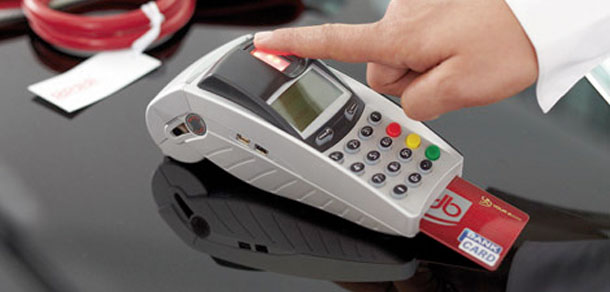Impending EMV, rise in online fraud will drive biometric adoption
15 July, 2013
category: Biometrics, Financial, Smart Cards
Javelin Strategy & Research has revealed its support for biometrics in finance, stating that biometric authentication is likely to see widespread use by financial institutions and online merchants by the year 2015.
To accompany its statement, Al Pascual, a senior analyst for the company, posits that voice recognition will be the first biometric modality to see widespread deployment. “Voice will be first out of the gate,” says Pascual. “It’s a flexible solution, easy to deliver, and there’s not as much of a learning curve for consumers.”
Voice recognition solutions are already a reality with companies the likes of Chicago-based Authentifty Inc. whose xFA app enables a user to secure transactions on their mobile devices with a combination of voice recognition and an exchange of digital certificates.
Whether voice will blaze a new biometrics trail is yet to be seen, but one factor that Pascual reveals is sure to drive the adoption of biometric technology is the impending changeover from point-of-sale transactions to EMV (Europay-MasterCard-Visa) chip cards. EMV embeds card credentials on a microchip making it more secure than magnetic stripes and it has reduced face-to-face card fraud in Europe, Canada and other regions where it has already been deployed.
These same regions, however, have seen a significant spike in e-commerce fraud as criminals are shifting gears from using stolen card credentials at POS terminals to using them online. Critics and experts alike warn that the same evolution of crime occur once EMV arrives in the United States.
There are significant changes on the horizon as responsibility for fraudulent card use is expected to shift. According to Pascual this could happen within two years with card networks having set an October 2015 deadline for shifting liability for counterfeit cards from issuers to merchants that have not prepared to process EMV transactions.
Pascual sees part of the problem lying with the security, or lack thereof, that merchants have at their disposal. Long gone are the days that saw static passwords, user names or personal questions and answers effectively safeguard online transactions.
The evolution, thankfully, is underway with one-time passwords being employed by banks and social networks – a practice that Pascual believes will become commonplace in the battle against the shift to online fraud. Add the overwhelming popularity of smart phones and tablets, and the proposition of voice and facial recognition technologies becomes more feasible.
See Pascual’s full article on the future of biometrics here.




